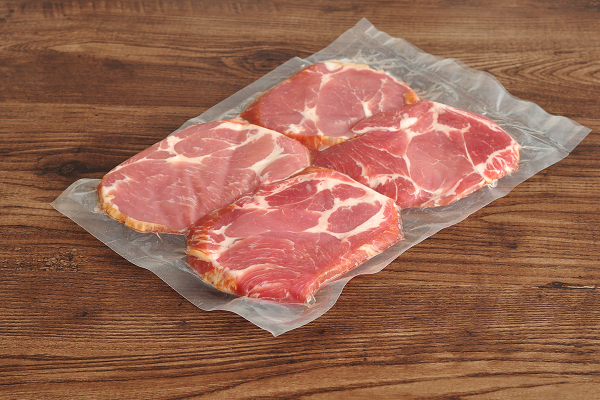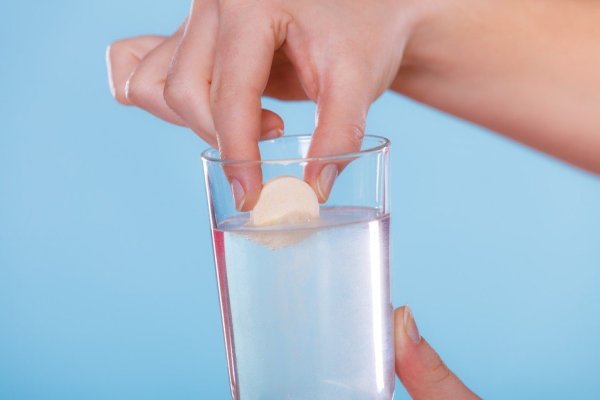Foreign research: "Cinnamon" can help lower blood sugar and improve moisture diseases! But two types of people should avoid

Previous studies have found that cinnamon can help diabetics in intraocular sensitivity and help improve fasting blood sugar, hyperlipidemia and inflammation. Is cinnamon also helpful for inflammatory inflammatory inflammation? Zhang Deming, professor of the National Institute of Defense Medicine and former president of Taipei Rong, shared a foreign research in the FB powder of the "Zhang Deming Wet Disease Library" that cinnamon has a positive effect on severe inflammatory joint inflammation, such as inflammatory joint inflammation or dry skin and white spots, but it is not suitable for people with coagulation problems or potential liver function. More importantly, cinnamon is not a drug and cannot be relied on.
Can cinnamon be used as a nutritional health supplement for moisture diseases?Cinnamon is one of the most commonly used spices in the world. Some people are completely unresisting to cinnamon rolls, and some people drink coffee or milk tea to add cinnamon to add flavor. The benefits of cinnamon on the human body have been widely discussed. Experts have repeatedly emphasized that cinnamon cannot replace drugs, but can cinnamon be used as a nutritional health supplement for moisture diseases? Zhang Deming shared the study findings of "The Rheumatologist" published by Dr. Emily Molina from Johns Hopkins University Hospital in June this year.
{9999}{9999}{9999}{9999}In a random, double-blind, control-group standard clinical trial, 36 female patients with swelling syrup were divided into two groups, taking 1 gram of cinnamon or consolation twice a day for 8 weeks. At the end of the trial, the number of pain and kidney dysfunction and red blood cell sedimentation rate (ESR) of the treatment group showed a decrease in pain and kidney dysfunction (J Am College Nutr 2018).
In inflammatory inflammatory inflammation with mice as the model, the effect of cinnamon bioactive ingredients is almost the same as dysfunction of cancer (MTX), which not only reduces dysfunction of the palmotomatoes, but also inhibits inflammation of the leukopathy factor (TNF), first, sixth, seventeenth, and twenty-third inflammatory medial leukemia, and inflammatory substances such as prostaglandin (Inflammopharmacology 2022).
It is worth noting that there are four types of cinnamon. The most common one in the United States is Cinnamomum cassia, which contains the strongest coumarin, but coumarin has potential hepatotoxicity, and the daily tolerance of human beings is 0.13 mg/Kg (Encyclopedia of Toxicology, 2005).
coumarin derivatives are known to have anti-inflammatory and anti-cancer effects. It has been reported in medicine that coumarin's light sensitivity can be used to treat skin diseases such as dry wrinkles or white spots (Org Med Chem Lett 2012; J Egypt Med Assoc 1948).
Coumarin can also be derived as anticoagulant drugs by chemical synthesis. Since intake causes increased activity of the detoxifying enzyme cytochorme P450 in the body, it is considered a chemical substance with potential hepatotoxicity.
Examples show that Ceylon cinnamon contains less than 0.01 g/Kg of coumarin, but Cinnamomum cassia reaches 3.6 g/Kg. Although less than 6g per day is considered safe, if taken for a long time and exceeds 3g per day, you should be cautiously monitored (Nutr Today 2019).
People with coagulation problems or potential liver function cannot eat cinnamonZhang Deming believes that according to the above conclusion, cinnamon seems to have a positive effect on severe inflammatory inflammation such as moisture-related inflammation, or dry skin and white spots, but if there is coagulation problem or potential liver function, it seems that it is advisable to avoid it. The important concept is that cinnamon is not a medicine and cannot be relied on.




